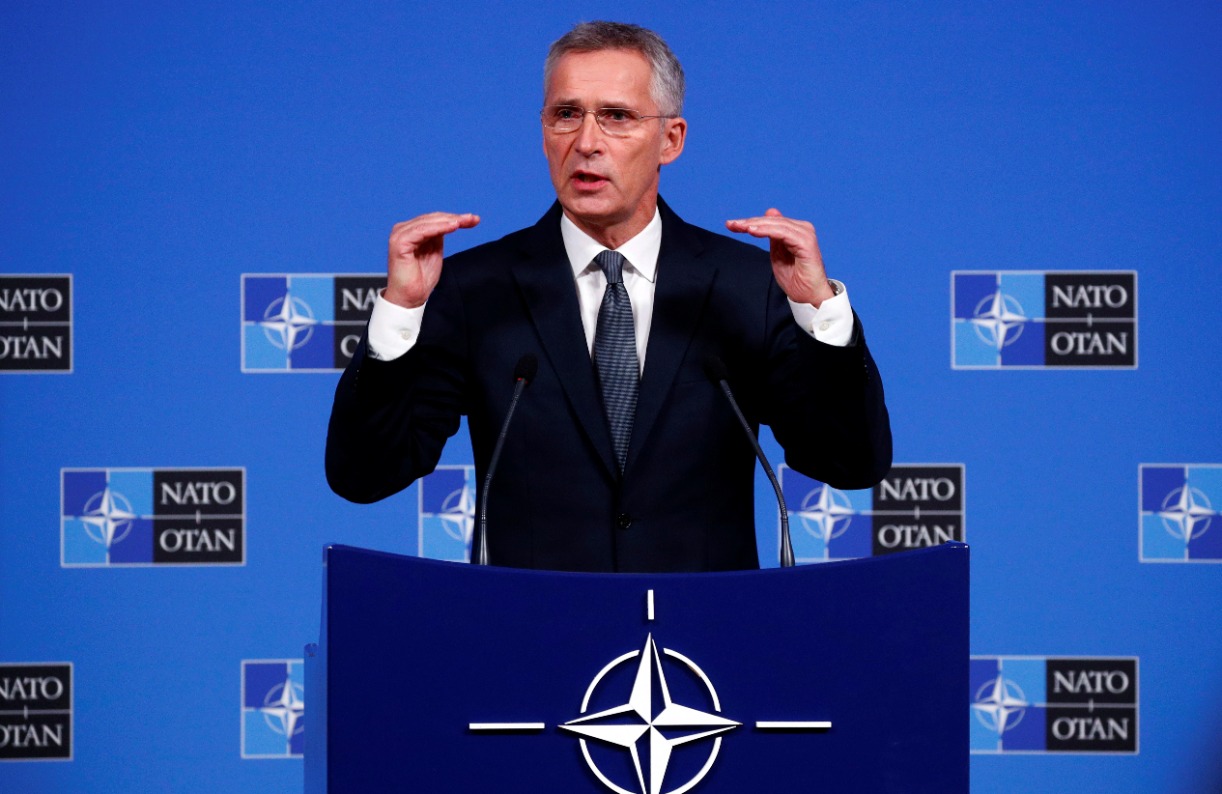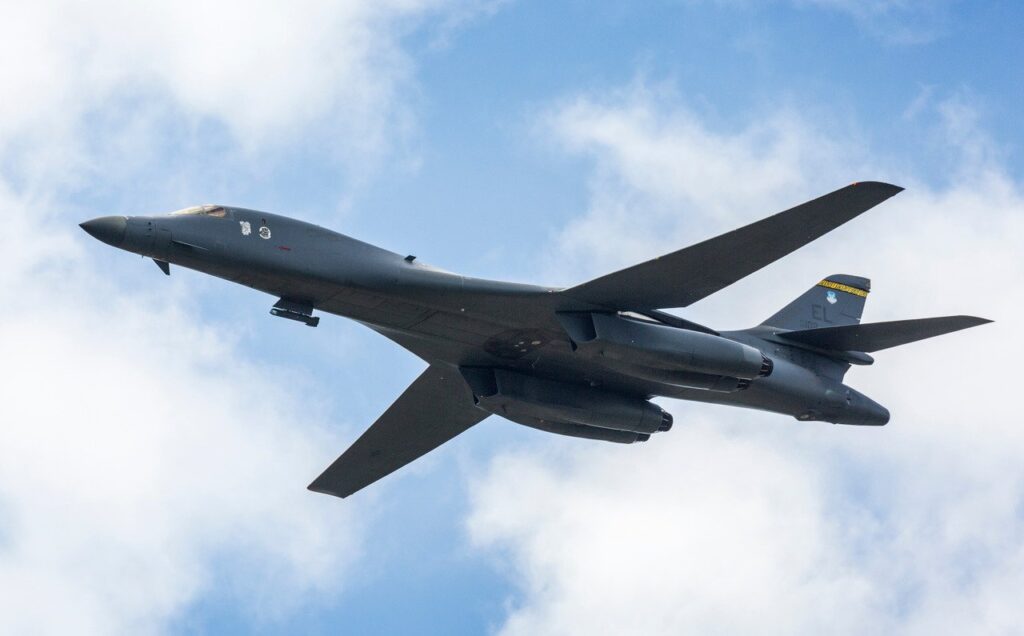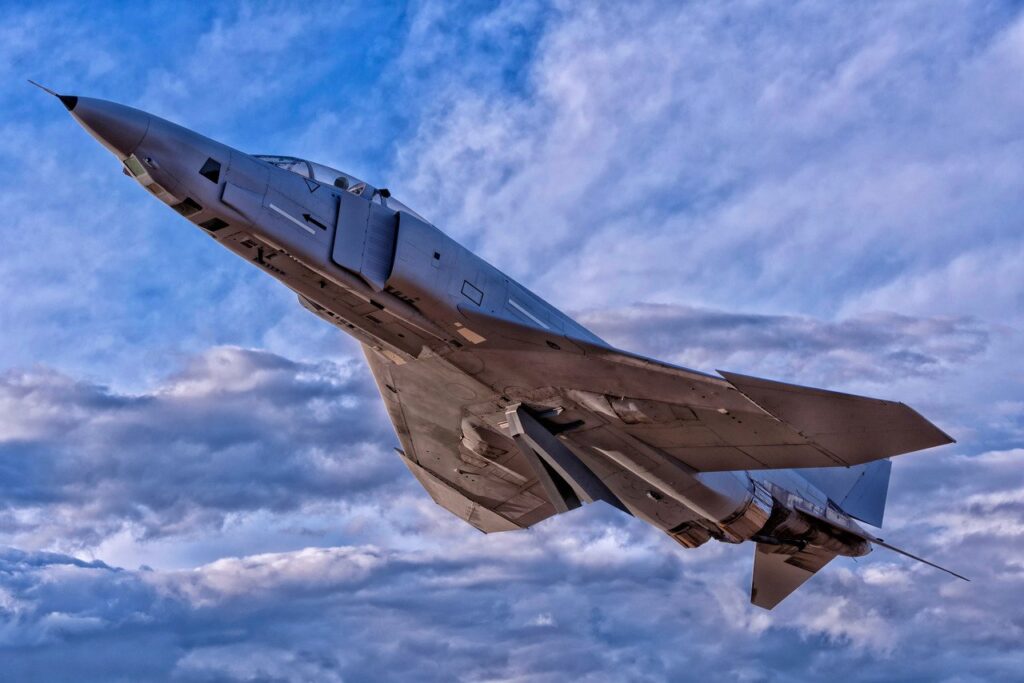
NATO: Sweden Taking ‘Important’ Steps to Address Turkish Concerns
NATO secretary-general Jens Stoltenberg announced on Monday that the Swedish government had taken “important” steps to meet Turkey’s concerns about its terrorism laws—a reform process that Turkish officials have demanded before Ankara approves Sweden’s pending application to join NATO, according to Reuters.
In remarks made during a meeting with Swedish prime minister Magdalena Andersson during his visit to Sweden, Stoltenberg indicated that he “welcome[d] that Sweden has already started to change its counter-terrorism legislation, and that Sweden will ensure that the legal framework for arms export will reflect the future status as a NATO member,” emphasizing that Stockholm’s new status would oblige it to make “new commitments to [NATO] allies,” including Turkey.
Sweden and neighboring Finland announced in May that they intended to enter the NATO military alliance in response to Russia’s invasion of Ukraine—a development that would double NATO’s land border with Russia and place its territory within one hundred miles of Saint Petersburg, Russia’s largest city. Russia has reacted to this development with hostility and threatened to increase its force posture on the Baltic Sea, although spokesmen
for the Kremlin later pivoted and suggested that the development would not lead to increased tensions.
However, Sweden and Finland’s accession to NATO has been complicated by Turkish opposition, on the grounds that both Stockholm and Helsinki have allegedly
offered support to anti-Turkish Kurdish rebels within Turkey’s south and east. Turkish officials have also objected to Sweden’s refusal to sell arms to Ankara, a decision made after Turkey launched a military intervention against Kurdish forces in northern Syria in 2019. Following her meeting with Stoltenberg, Andersson emphasized that Stockholm had changed its terrorism laws and would implement further restrictions on militant groups’ activities within Sweden.
“From the first of July, we will also have … stronger legislation when it comes to the fight against terrorism,” the prime minister said. “So here there are no questions about how strongly Sweden sees terrorism, and that we are willing to contribute to the fight against terrorism.”
Turkey’s long-running conflict against Kurdish separatists has continued since 1978, following the founding of the Workers’ Party of Kurdistan, or PKK. While the PKK is regarded by many Western countries and international organizations, including the United States and the European Union, as a terrorist group—and has conducted widely-condemned terrorist
attacks in Turkey—the group is also closely allied with Kurdish militant groups in Syria, including the People’s Protection Units (YPG), which played a crucial role in halting the advance of the Islamic State (ISIS) militant group in Syria and Iraq from 2014 onward.
Turkey has alleged that the PKK and the YPG are the same entity, a view not shared by most other NATO nations.
Trevor Filseth is a current and foreign affairs writer for the National Interest.
Image: Reuters.


